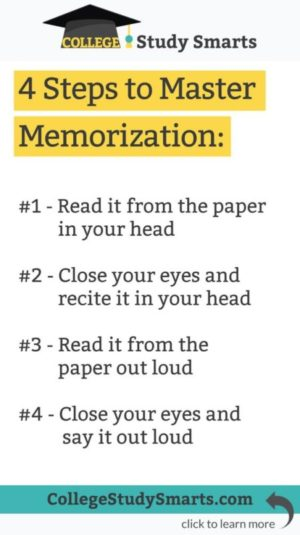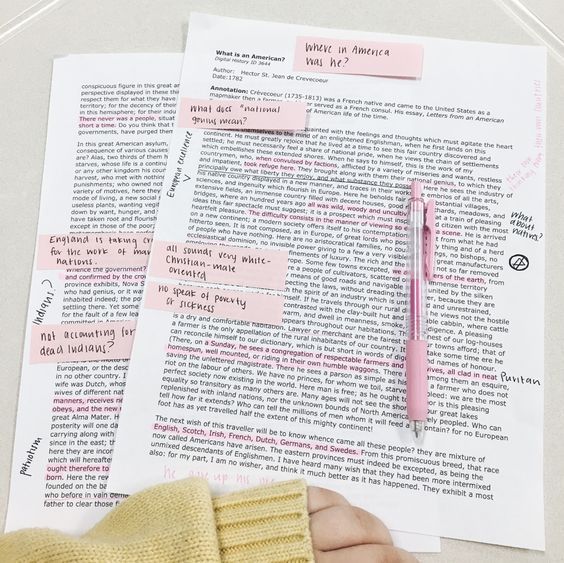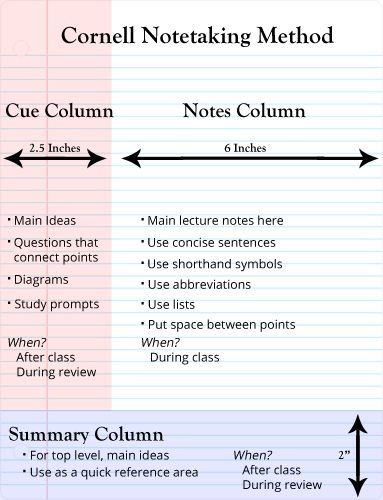By Priyanka Rathi, Psychology Enthusiast
If you scream ‘examinations’ in a crowd, you are probably inviting havoc your way. But it is not as unfruitful as claimed to be, it has its benefits and offers mastery in multiple techniques through which one can overcome its difficulties. Let us get one thing out of the way, though, effort and concentration are two musts if you want to excel in examinations, there is no “easy” way out.

Why Examinations?
Human instincts call to perform better during challenges, this is exactly what an examination is, a challenge urging you to perform well to attain the designated set of rewards. The point or score system is mostly to charge you with incentives to perform better. Of course, scores, in present times determine where you stand in your career, your performance matters. And that is why I am here to help you deal with your examinations in a disciplined and structured manner.
How to perform well?
Firstly, we must understand the concept of paying attention in classes. Believe me or not, paying attention in class does half of the work before you proceed towards studying on your own. Even if you’re doing as much as looking at the teacher’s presentation, or reading the text with them, your brain is registering the lesson. This is an important step when you’re preparing to study on your own, it is like a paraphrase that will help you understand things. Of course, we have to consider factors like good teaching skills and good comprehension skills, but skills can be developed and worked on.

Secondly, making notes, writing things that you think you might not recall while you’re studying on your own will always help you because: you’re writing them down and writing accelerates learning; when one makes notes, they make sure to make it as simple as possible for better understanding, again making it easy to learn. This also includes marking, underlining keywords or lines that will act as words that will trigger answers out and boost their quality, and you know you have to pay more attention to the highlighted parts.

“Make sure to keep your notes tidy and attractive so that next time you open them you do not feel like shoving that notebook to the bottom of the pile in your drawer.”
Thirdly, learning abilities vary from person to person, however, understanding the mechanics of a few techniques will definitely not harm you in any way. To list a few:
- The point system: divide your matter into points, so that the next you try to learn, you know exactly how many points you are supposed to learn and write your answer accordingly. Keeping a count of the points will help you retain the answers better.
- The use of mnemonics: a widely used tool to learn better where one makes use of techniques like acronyms, lyric, rhymes, images, and others; something that you can relate to. This device will help you retain information quicker. For example, we all know what the BODMAS rule is because it is called BODMAS in the first place.
- Explaining yourself: possibly a foolproof method to learn, explaining yourself is a technique where you read the text and try to explain yourself what you are aiming to learn. And if not yourself, then somebody else, maybe your classmate or your friend. Try to explain to them the text and you will realize that your brain is registering the information in a more detailed way.
- Reading out loud: Do not be embarrassed, this technique can do wonders. When you’re reading or re-reading a text, do that out loud so that what you’re reading reaches your brain in the form of two sensory inputs, reading, and hearing. Repeat what you want to learn and eventually you will be able to read the third or the fourth time without actually looking at the text.
- Revising: After an hour of a study session, get a spare notebook and write down what you remember studying, in detail or maybe in points. Be honest with yourself, do not sneak into your book blindly copying, try modifying the text, make it simpler. After you are done noting down everything you can remember, skim through the book, pay special attention to the parts you missed, highlight sometime if you need to.
Lastly, I feel like it is important to mention that do not stress yourself while you are in the process of learning. If you think an hour of studying, and I mean a meaningful hour of studying, is enough for a day, it is. Do not pressurize or compare yourself to others, it will get you nowhere.
“Eat lightly before you sit to study and stay hydrated by all means. Wishing you very good luck in the forthcoming examinations, you can do this!”


Excellent
Nice. Not just for kids, it’s useful for people persuing executive courses also.
Excellent work
Excellent writeup
Keep up the good work